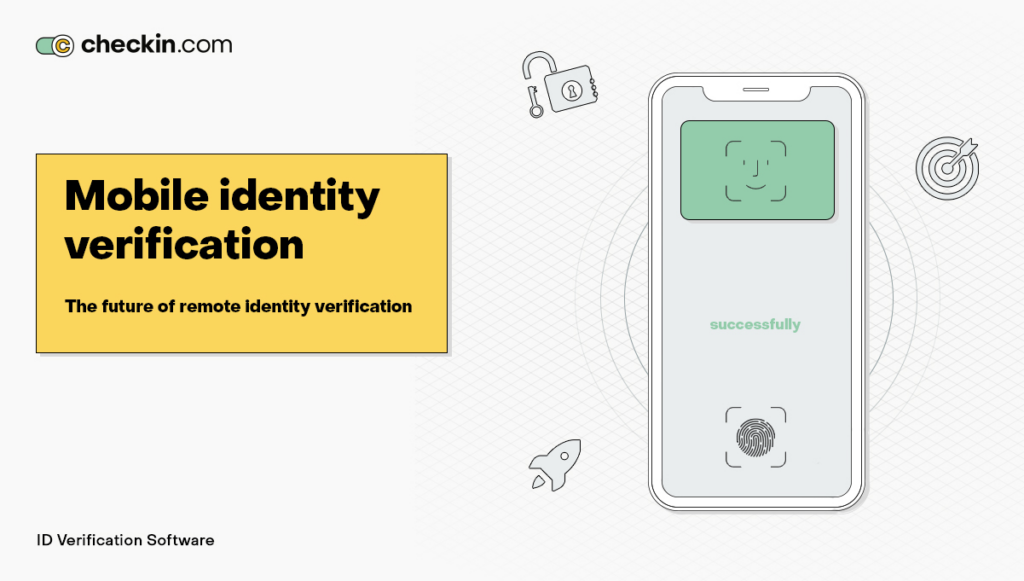In today’s digital era, smartphones have become an indispensable part of our lives. With their widespread use, mobile identity verification has gained popularity as a convenient and secure way to remotely confirm identities. In this article, we will explore the concept of mobile identity verification, its benefits, and its implications for various industries.
- Mobile identity verification is the process of verifying someone’s identity remotely using a mobile device.
- It combines advanced technologies such as biometrics, document scanning, and artificial intelligence to ensure secure identity verification.
- Through smartphones, businesses and organizations can streamline their verification processes while maintaining a high level of security.
How Does It Work?
Mobile identity verification involves document verification and biometric authentication, leveraging the capabilities of smartphones to confirm identities remotely.
- Users capture images of identification documents using their smartphone’s camera.
- Optical character recognition (OCR) technology analyzes the images to extract relevant information.
- Facial recognition or live video comparison is used to authenticate the user’s identity.
- Advanced algorithms powered by artificial intelligence verify the authenticity of the identity.
The Benefits of Mobile Identity Verification
Mobile identity verification offers several advantages, making it an attractive option for remote identity verification.
- Convenience and Accessibility:
- Users can complete the process from anywhere, eliminating the need for physical visits.
- The process is quick and can be completed within minutes, saving time for both users and organizations.
- Enhanced Security:
- Biometric authentication adds an extra layer of protection against identity theft and fraud.
- Algorithms and machine learning techniques detect forged or tampered documents, ensuring authenticity.
Applications of Mobile Identity Verification
Mobile identity verification has diverse applications across various industries.
- Financial Services:
- Streamlines customer onboarding reduces paperwork, and enhances the overall customer experience.
- Helps comply with KYC and AML regulations, ensuring a secure financial ecosystem.
- Online Marketplaces and Sharing Economy Platforms:
- Builds trust among users by validating the identities of service providers and customers.
- Minimizes the risk of fraud and creates a secure online environment.
- Healthcare and Telemedicine:
- Ensures remote patient verification, safeguarding sensitive medical information and preventing identity theft.
- Authenticates patients for telemedicine platforms, improving efficiency and patient privacy.
Conclusion
In conclusion, mobile identity verification is a transformative solution that is reshaping the landscape of remote identity verification. Its convenience, enhanced security features, and broad applications across various industries make it an invaluable tool in establishing trust and security in the digital realm.
By leveraging the widespread use of smartphones, mobile identity verification offers unparalleled convenience and accessibility. Users can undergo the verification process from anywhere, eliminating the need for physical visits and saving valuable time for both individuals and organizations. This level of convenience not only enhances the user experience but also improves operational efficiency.
[postbanner]
FAQ
Is mobile identity verification secure?
Yes, mobile identity verification utilizes biometrics and advanced algorithms to enhance security and prevent fraud.
How does mobile identity verification save time?
It eliminates the need for physical visits, allowing users to verify their identities remotely within minutes.
Can mobile identity verification be used in the healthcare industry?
Absolutely. Mobile identity verification strengthens patient privacy and ensures accurate diagnoses and treatments in telemedicine platforms.
Is mobile identity verification safe and reliable?
Yes, mobile identity verification is designed with robust security measures to ensure the safety and reliability of the process. Biometric authentication, advanced algorithms, and encryption techniques are employed to protect personal information and prevent unauthorized access.
What if someone tries to tamper with the verification process?
Mobile identity verification incorporates various safeguards to detect and prevent tampering attempts. Advanced algorithms can detect signs of document manipulation, such as alterations or forgeries, ensuring the authenticity of the verification process.
Can mobile identity verification be integrated with existing systems and processes?
Yes, mobile identity verification solutions are designed to be adaptable and compatible with existing systems. They can be seamlessly integrated into workflows, making it easier for businesses to incorporate this technology into their identity verification processes without major disruptions.


